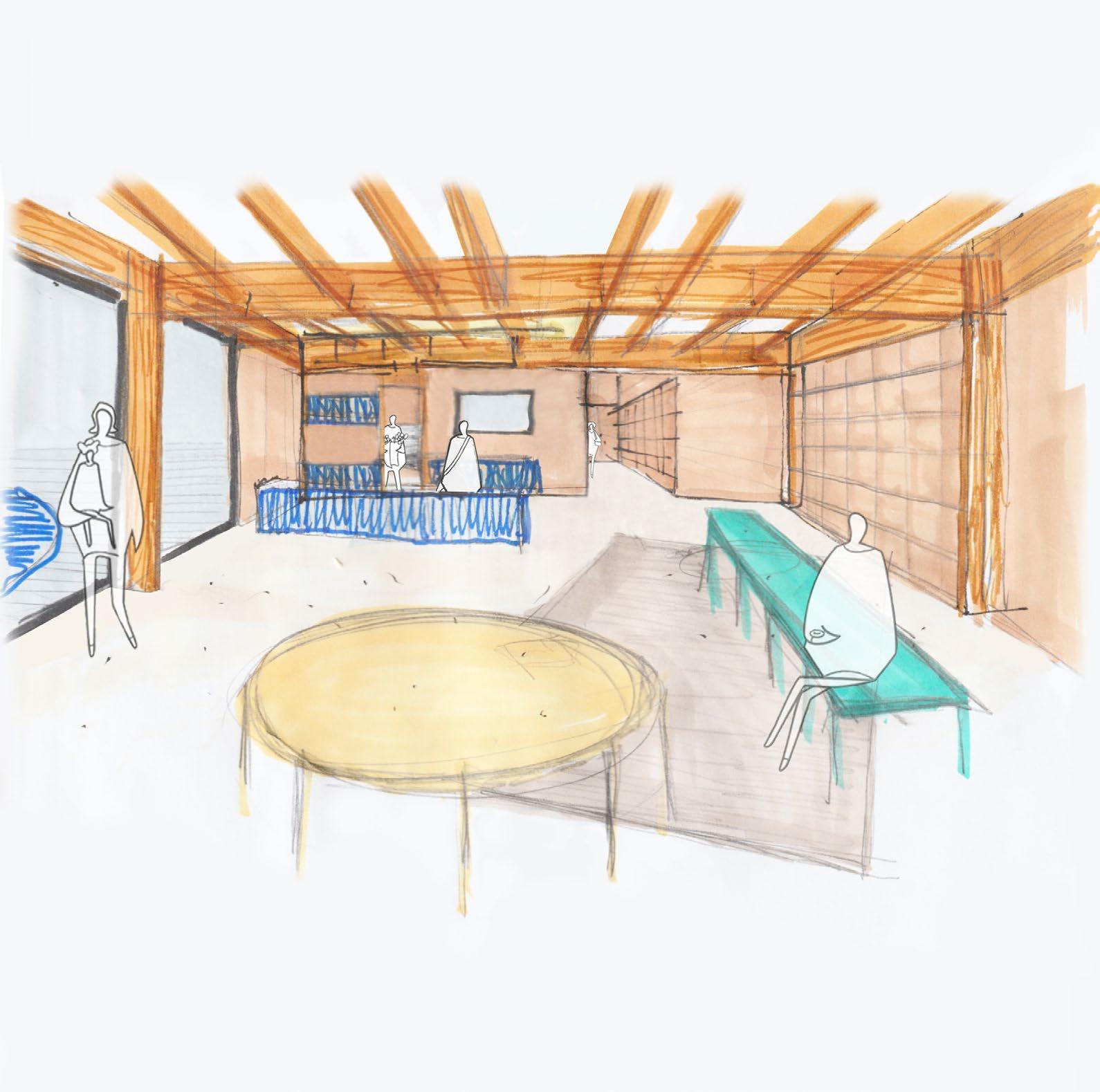
2 minute read
Abstract
As a way to understand the connection Brussels’ inhabitants have toward Urban Leisure spaces, 2 themes, Play and Water are utilized as prisms to analyse the territory. Those two components of the landscape are complimentary tools which are shaping present metropolitan ‘non-work’ activities.
[Leisure] Derived from Marxist theories and being directly related to work activitiy, Leisure is usually seen as recreational free-time. Used as a way to relax and empower individuals, the real role of leisure has actually been set by Taylorisation processes aiming to control factory workers’ productivity. By managing their free-time and recreational activities, it allowed factory managers to organise greater productivity rates. The most famous example might be Mussolini, dopo lavoro society. But another essential role of Leisure is linked to childhood. By allowing freetime dedicated to activites which don’t produce anything but experiences, it creates a transformative educative role enacted by the process of play.
Advertisement
[Play] Described as futile and loss of time, Play is theoretically defined as being an essential activity for children’s development. It is indeed, the act of playing which forges us to adulthood, giving us the sensorial and social tools to fully apprehend the world. Through Play, by entering into an imaginary abstraction of reality, the player processes concepts and general rules. For this, a transitional object is needed to reassure and ritualise the act of Play. With its materiality, it performs as an interface which allows the participant to cross the threshold of reality.
[Water] Being essential to life, water played an important role in shaping Brussels through its interactions. People have always used water as a sociointeractive tools but water is also a perfect material involved in Play. Pools, fountains and even rain have been used for centuries as recreational ways to interact with water. Its abstract colour and shape properties induce multiple uses and therefore makes it a perfect transitional object for Play. This is why water, used as an interactive Play tools This will be the focus of the present research proposal of this project.
[Project] In the intent to invoke new water-play spaces in Brussels, and after a meticulous inventory and understanding of the territory, the project proposes to situate itself on the Pacheco State Administrative Centre. Being seen as the monofunctional office and work space of Brussels per se, its localisation has the potential to reinforce an existing Water-Play network in the pentagon. By introducing those components in the area, it tends to reactivate the abandoned square into a socio-interactive tool attracting passersby on site. This is furthermore put in place with the implementation of a new pavilion hosting communing practices. The introduction of a space permitting local social gathering act as bottom-up process to reintroduce antihegemonic control of the square while connecting local users into a community of commoners.
The socio-interactive components of Water-Play infrastructures have great potentialities which will be researched and materialised in the current proposal.










